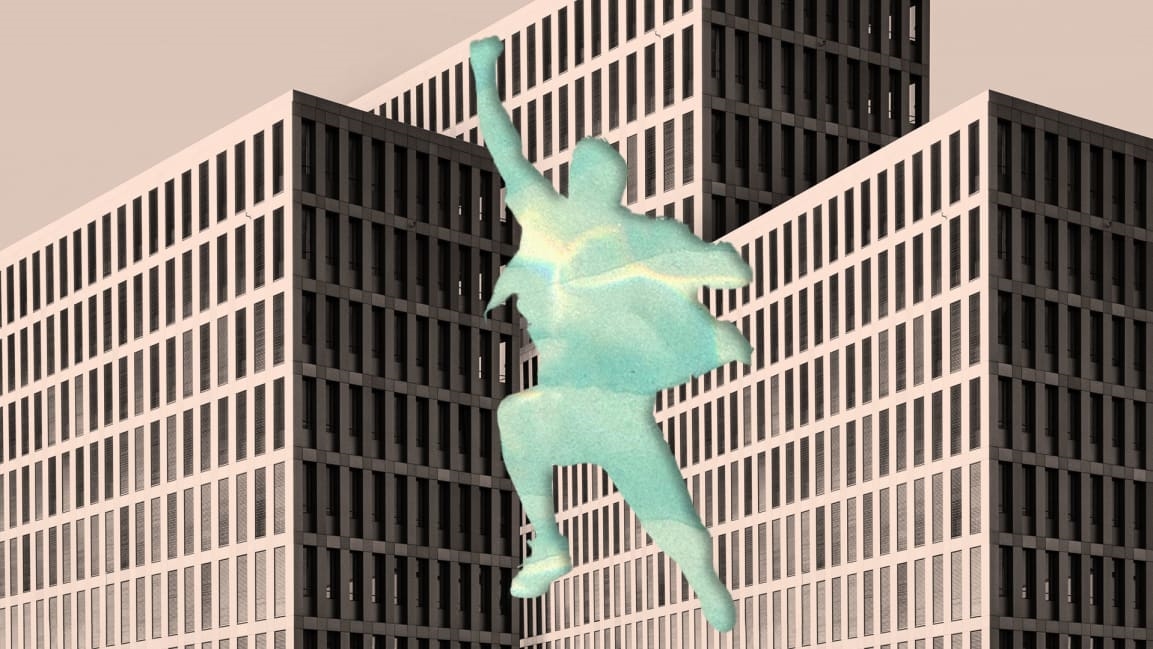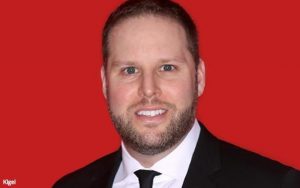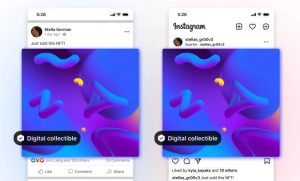
One of the most difficult emotions to come to terms with is doubt. We dislike it so much that we’d choose to lie to ourselves and pretend. That’s the allure of faking it till you make it; in a sense, you’re making a promise against your doubt, and trying to get more people to believe in you to be louder than the people who doubt you (maybe including yourself).
Doubt doesn’t need to be a negative emotion though. If there was one important emotion that many successful people shared, it’s a sense of doubt. In fact, we can learn how to use our sense of doubt to grow, become more confident, and tap into a fountain of creativity that might otherwise be overlooked.
Understanding your doubt is the first step to using it
One of the best examples of the power of doubt is psychologist Daniel Kahneman. As author Michael Lewis writes in The Undoing Project, Kahneman’s doubt is a defining emotion that enables him to go deeper and deeper into his work, a driving force for exploration and depth. It was also the root of his collaboration with Amos Tversky.
Lewis writes,
“The entire project, in other words, was rooted in Danny’s doubts about his own work, and his willingness, which was almost an eagerness, to find error in that work. In their joint hands, Danny’s tendency to look for his own mistakes became the most fantastic material. For it wasn’t just Danny who made those mistakes: Everyone did. It wasn’t just a personal problem; it was a glitch in human nature. At least that was their suspicion.”
Of course, left unchecked, doubt can dull and drain creative energy as much as it drives it. We all know of moments in our own lives (“Ah, forget it, this was stupid of me to even try”), when doubt rears its head on us and blocks us.
At some point, we need to accept that we’re no longer in a place where we need to doubt ourselves. After we’ve done the work to unpack the doubt, we need to allow our confidence to grow stronger. That’s where Tversky also provided his own defining emotion to his collaboration with Kahneman: confidence, fearlessness, and irreverence.
Confidence comes with effort
There’s a quote often attributed to Henry Ford, “Whether you believe you can do a thing or not, you are right.” Something like this might blow your mind as you watch as these other people, chin up, assured, relaxed, almost effortlessly do exactly what you wanted to do.
The reason many of them are able to tap into that confidence is because of the parts you didn’t see: They spent countless hours, days, weeks, months, even years, practicing and perfecting it. They don’t broadcast it on Facebook or Instagram, but they know it’s there. As Mindy Kaling says, “Because confidence is like respect; you have to earn it.”
No matter how bold or confident someone successful might seem, you can bet they didn’t start off feeling that way. Everybody gets butterflies. It’s what you do during the moment that it feels the worst, when you feel sick to the pit of your stomach, your brain scrambles a mile a minute, you can barely breathe, and your knees are shaking. If you decide to stay with it, you’ll earn the confidence that makes the situation more bearable for next time.
Learn from other people—don’t compete with them
There’s something really fascinating about watching someone else do the thing you wanted to do. Author Robert Greene explores the idea of mirror neurons, and how we learn by watching:
The natural model for learning, largely based on the power of mirror neurons, came from watching and imitating others, then repeating the action over and over. Our brains are suited for this form of learning. In an activity such as riding a bicycle, we all know that it is easier to watch someone and follow their lead than to listen to or read instructions.
Watching someone literally go through the motions can not only be educational, but inspirational. You remember that this task isn’t so impossible; the person in front of you is doing it.
No matter how distant the goal seems from your current place, it’s been accomplished before throughout history, probably by a lot of people, and they’re human beings. Just like me and you.
If you’re just emerging from your starting point and doing your early work, you might feel so far away from your goal that you experience self-doubt. But doubt should be pursued as a point of curiosity, not a thing to be embarrassed about. It should be a starting point for exploration, not confrontation.
This might feel impossible when you’re starting, and there will be points where it still feels impossible. But you can choose to remain inert or to build even just a little bit of momentum. The only way to build confidence, and believe in yourself, is to try something, learn from it, and do it again. If it’s important to you, focus and take just the next step with all your effort, no matter the difficulty or odds.
Herbert Lui is the author of Creative Doing, a book of 75 prompts that unblock creativity for your work, hobby, or next career. He writes a newsletter that shares three great books every month and is the editorial director at Wonder Shuttle.
Fast Company , Read Full Story
(13)




